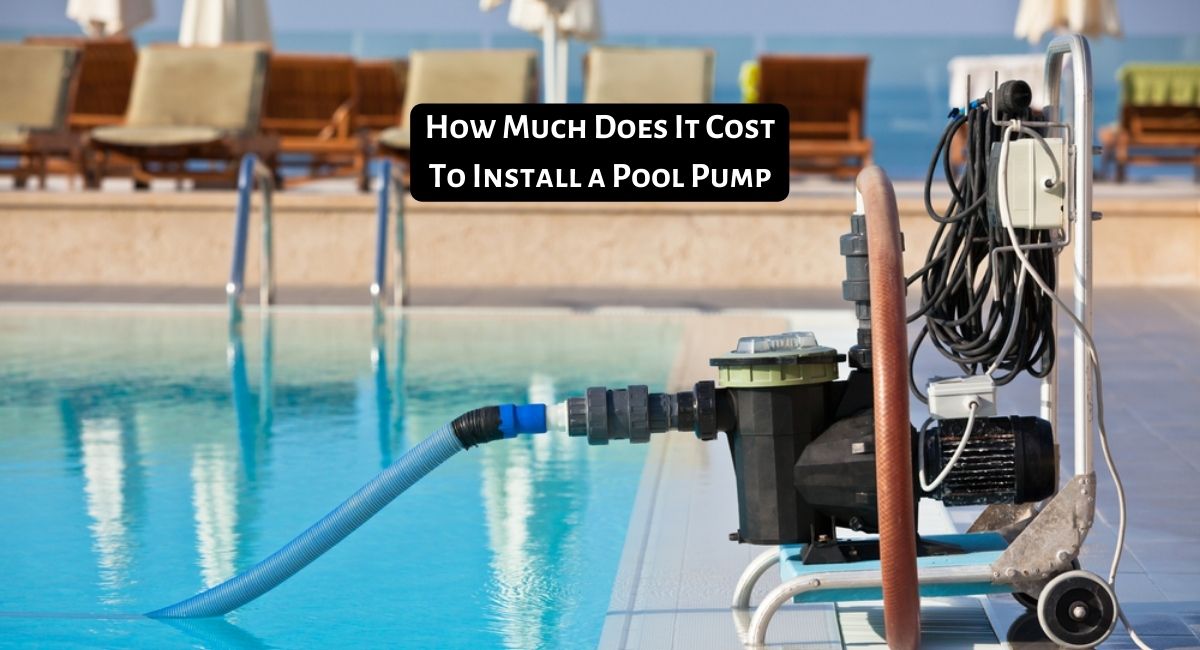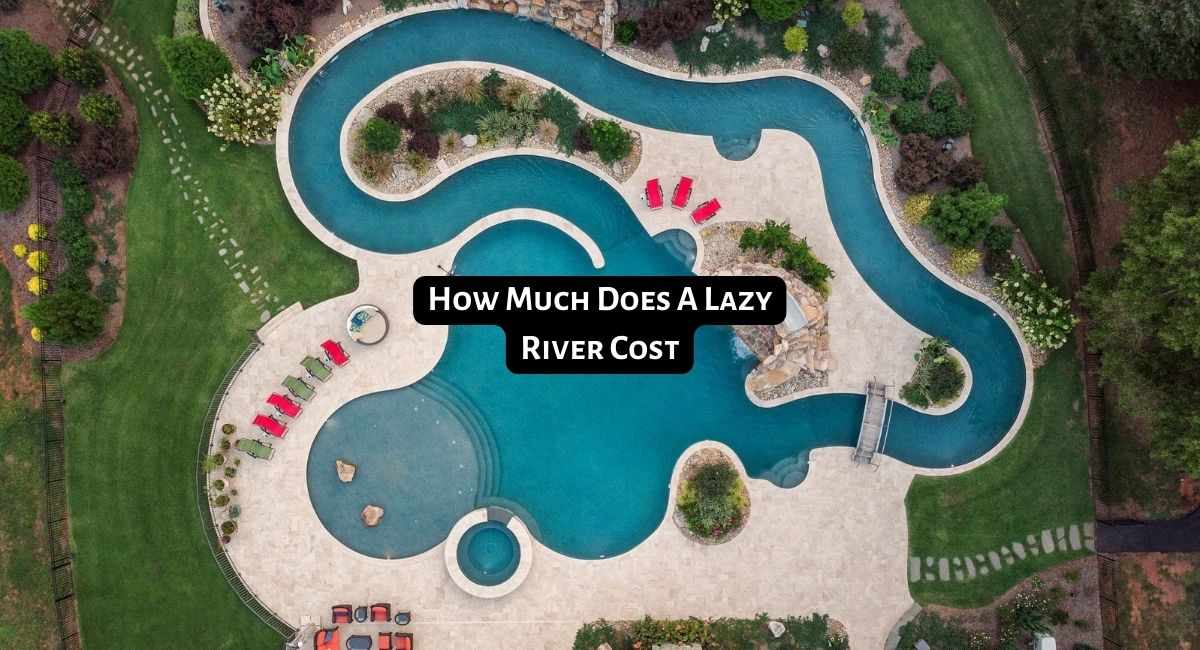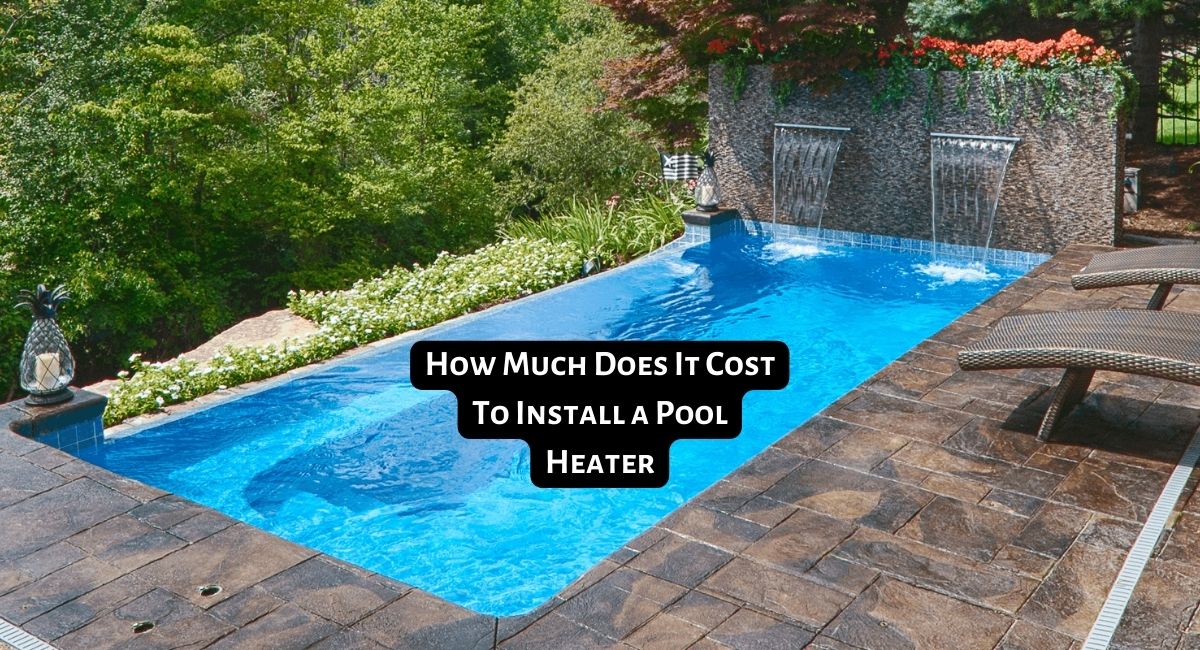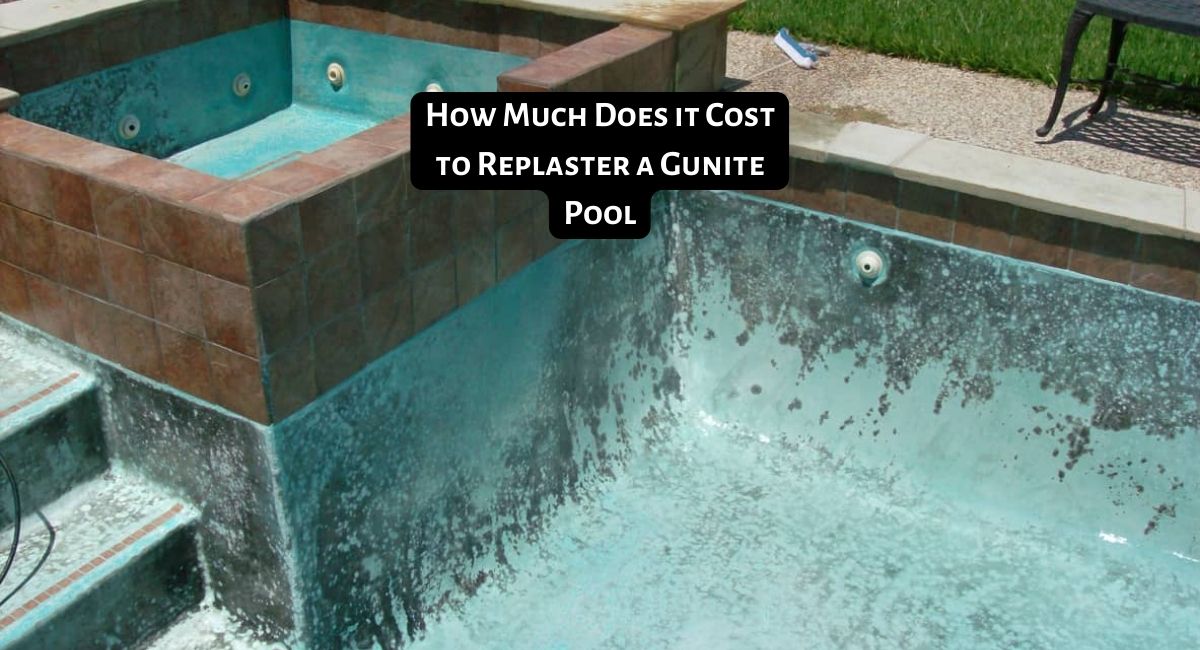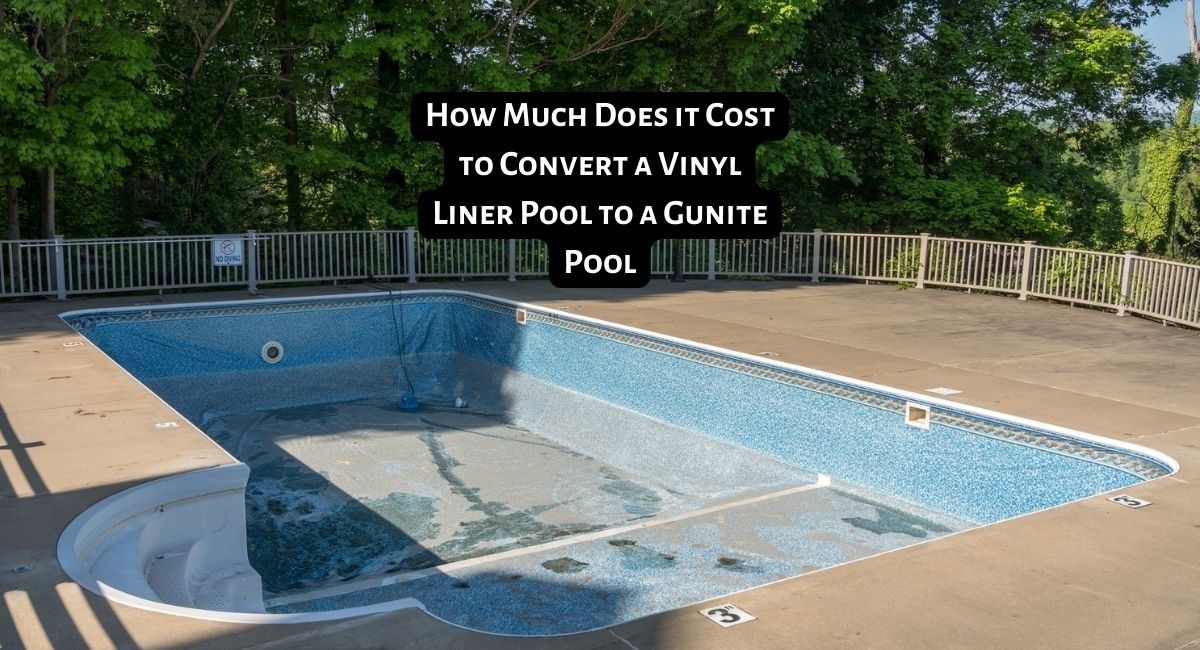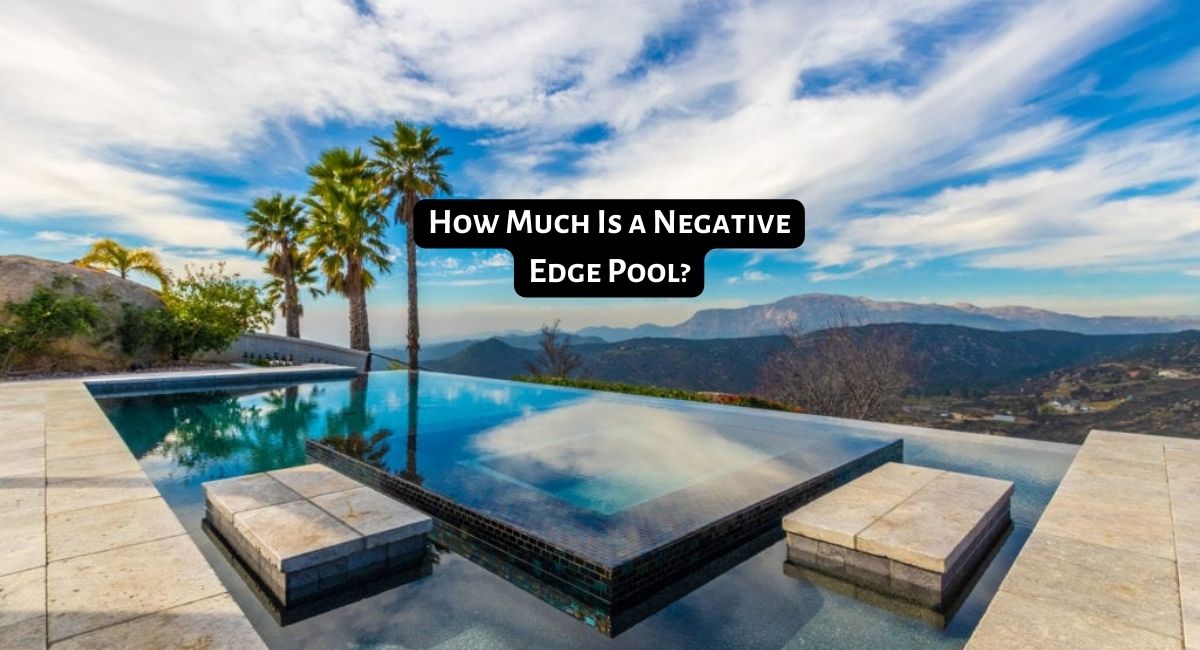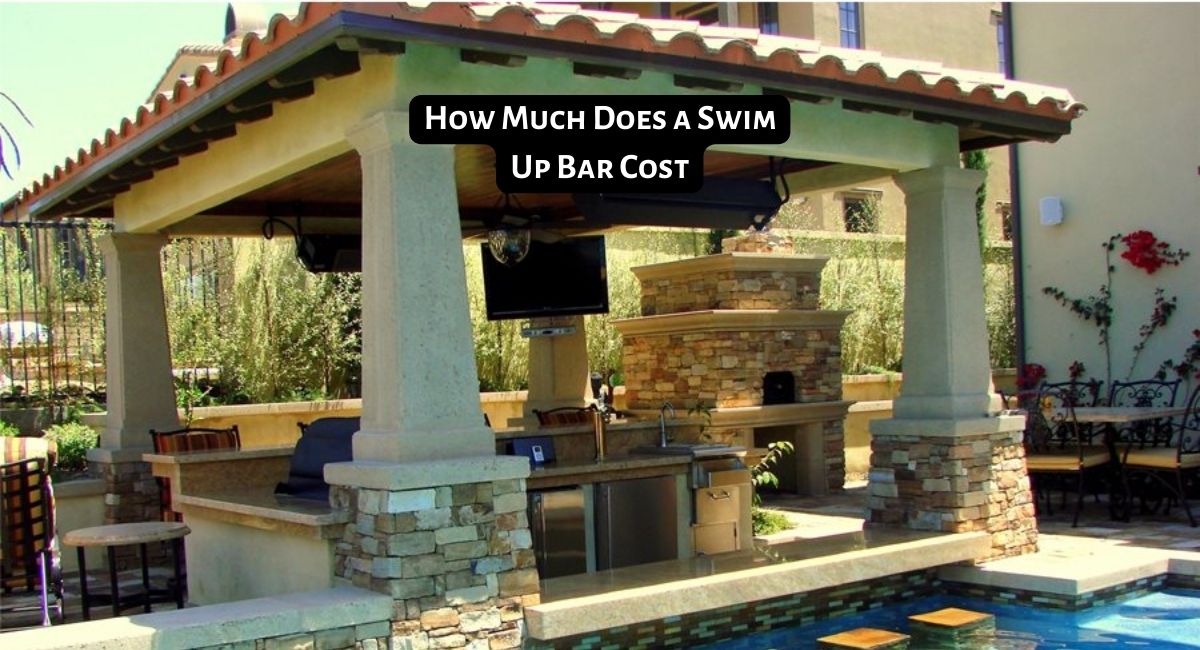If you’re a gunite pool owner, chances are you’ve considered installing a pool pump. A swimming pool pump helps keep your pool water clean and safe for swimming by moving the water through the filtration system. But how much does it cost to install a pool pump? This blog is here to answer all of your questions about how much does it cost to install a pool pump in different scenarios.
We will cover topics such as: what type of pool pumps are most common; which types may be more expensive or less expensive to install; what factors influence installation costs; and other helpful tips. By reading this blog, you can better understand the overall price range that comes with installing a new pool pump for your gunite pool. Let’s get started!
TL;DR
Installing a pool pump is an important part of maintaining your gunite pool, and the cost varies depending on several factors. The typical range for installation of a pool pump is between $500 and $2,000.
Table of Contents
How Much Does It Cost To Install a Pool Pump?
The most common type of pool pump is a single-speed pump, which usually runs on 115 or 230 volts. Installation costs depend largely on the size and type of pump you choose. Generally, smaller pumps require less wiring and are easier to install than larger pumps. However, larger pumps typically cost more to install due to their complexity and installation requirements.
Pool Pump Cost Breakdown
The cost of installing a pool pump depends on the size and type of pump you get. The average cost for installation is between $1,000 and $2,500. This price range includes all labor costs as well as any additional materials or equipment needed. Here are some factors that can affect the overall cost:
- The type of pool pump – There are several types of pumps available, ranging from standard single-speed pumps to energy-efficient two-speed models. The more complex your system is, the higher the cost will be.
- Location – Installing a pool pump in an area where there is limited access or difficult conditions (such as a basement) can increase labor costs.
- Size of the pool – A larger pool requires a more powerful pump, which can increase the overall cost.
- Electrical wiring – If additional wiring is needed for your installation, it can add to the total price.
- Plumbing – Adding plumbing lines or relocating existing ones may also add to the cost.
- Extras – Additional features such as timer systems, backflow preventers, and solar panel hookups can all increase costs.
Pool Pump Costs by Type
The cost of installing a pool pump depends on the type of pool pump you choose. In general, there are three main types: single-speed pumps, two-speed pumps, and variable-speed pumps.
Single speed pumps tend to be the most affordable option, with prices ranging from $400-$600 for installation. The installation process involves connecting the motor to the filter system and electrical supply. It is important to ensure that all connections are secure and correctly wired before operating the pump. This type of pump runs at a consistent speed throughout its operation and is ideal for pools that don’t require high levels of filtration or circulation.
Two-speed pumps offer more versatility than single speed models because they can operate at both high and low speeds. The cost of installation for these models is usually higher, ranging from $800-$1,000. This type of pump is ideal for pools that require frequent filtration and circulation.
Finally, variable speed pumps are the most expensive option but offer the highest level of efficiency. They run on a continuous variable speed setting which can be adjusted to match the exact requirements of your pool. Installation costs for these pumps range from $1,500-$2,000 due to their complexity and sophisticated technology.
Additional Costs to Consider
Aside from the cost of a pool pump itself, there are additional costs to consider when installing it. The most significant factor is whether you choose to do the installation yourself or hire a professional. Professional installers will charge an hourly rate in addition to parts and materials for the job. This can range anywhere from $50 – $100 per hour depending on your location and who you hire.
It is important to note that if you choose to do the installation yourself, you must ensure that all safety precautions are taken and any legal requirements in your area are met.
Other expenses may include excavation fees (if applicable), as well as electrical wiring fees if necessary for a new pump install. In some cases, an electrician must be hired to complete the project. The cost of these services can range anywhere from $75 – $200 depending on your location and how complex the job is.
Finally, if you are replacing an existing pump, there may be additional costs associated with disposing the old one properly. This could include transportation fees or disposal fees charged by a local waste management company.
Cost to Install a Pool Pump Yourself
If you’re looking to save some money on the cost of installing a pool pump, then doing it yourself may be the way to go. It is important to note that installing a pool pump is not an easy task and should not be taken lightly. That being said, if you are confident in your ability to do so, then here are some of the expenses associated with self-installing a pool pump:
First, you will need the proper tools for the job. This can include screwdrivers, wrenches, pliers, an adjustable wrench, and electrical tape. You will also need basic plumbing supplies such as PVC glue and sealant and Teflon tape. Additionally, depending on your capacity to install electric wiring, you may need additional supplies and tools.
Second, you will need to purchase the actual pool pump. Generally speaking, these can range from $150 to $600 depending on brand and size of the motor. You will also need other associated equipment such as a timer switch, an installation kit, and any necessary pipes or connectors that connect your existing plumbing to the new pump.
Third, if you are not comfortable with electric wiring then it is recommended that you hire a professional electrician to install your new pool pump. This could add anywhere from $50-$400 (or more) to the total cost depending on how complicated the job is and how many hours it takes for them to complete it.
Overall, the cost of installing a pool pump yourself will depend on several factors such as the size and type of motor, the tools and supplies you need for the job, and whether or not you hire an electrician. Though it may be more cost-effective in the long run to do it yourself, it is important to make sure that you are confident in your abilities before beginning this project.
Pool Filter Installation and Cost
Installing a pool filter is a good idea when adding a pool pump, but the while thing can be a fairly involved process. The cost of installing a new filter depends on several factors, such as the size and type of filter you choose, the complexity of the installation, and any additional components that may need to be purchased or installed.
The most common type of pool filter is a sand filter. Sand filters are relatively easy to install, with an average cost around $350 for parts and labor costs. This includes purchasing the necessary piping, fittings, hoses, valves and other components required for installation. It should also include any associated electrical wiring needed to power the pump motor if applicable.
If your existing filter needs to be upgraded or integrated into your current system then you will likely need the services of a professional contractor to ensure proper installation and functioning. The cost will depend on how complex the system is and what components you need to upgrade.
Cartridge filters are another type of pool filter which require regular cleaning and maintenance. Installing a cartridge filter requires more time and labor than a sand filter, but may be the best option if your existing pump is not strong enough for a sand filter. Cartridge filtration systems tend to range in cost from around $600 – $2,500 depending on the complexity of installation. Again, this includes all necessary parts and materials as well as any electrical wiring for powering the motor.
How Much Does It Cost To Install A Pool Pump Timer?
Having a pool pump timer installed on your swimming pool is a great way to save money and conserve energy. Pool pumps are responsible for filtering water, cleaning the pool surfaces, and circulating water in order to prevent algae build up. A timer can help control when the pump runs, typically during off-peak energy times when electricity costs are lower.
The cost of installing a pool pump timer varies greatly, depending on the type and complexity of the timer, as well as any additional features you may choose. On average, installation can range from $200 to $700+ for parts and labor.
When looking at the cost of a pool pump timer, it’s important to also consider the cost of a pump itself. The average pool pump costs around $200, while more sophisticated pumps can run up to $1,000+.
When selecting a timer for your pool pump, it’s important to think about how you want the timer to work. Many timers allow you to set specific times when the pump will kick on and off, while others might have features that adjust automatically based on your local energy rates or weather conditions.
The installation process for a pool pump timer typically takes under two hours and requires basic electrical knowledge. If you don’t feel comfortable handling the installation yourself, it is best to hire an experienced professional electrician who is familiar with this type of work.
What to Consider While Purchasing a Pool Pump?
What to Consider While Purchasing a Pool Pump?
When considering how much it costs to install a pool pump, there are several factors that should be taken into account. Purchasing the right size and type of pump is essential for efficient operation. The following points will help you determine which options best meet your needs:
- Pool Size: How large is your pool? If you have a larger than average pool, then it’s important to select a powerful pump that can efficiently circulate the water around its circumference in order to maintain balanced chlorine levels and avoid stagnation. Additionally, you may require more than one pump if your pool is especially big.
- Power Rating: Once you know what size pump you need, consider the power rating associated with each option. A higher power rating usually translates into better performance, but it also means a more expensive purchase.
- Installation Costs: In addition to the cost of the pump itself, you should factor in installation costs as well. Some pumps come with detailed instructions for DIY installation, while others need to be installed by a professional who may charge an additional fee.
Conclusion
After discussing how much it costs to install a pool pump, it is important to remember that the total cost will depend on your individual pool and its specific needs. Factors like size, location, type of pump, and labor costs can all significantly affect the total cost. If you are considering installing a new pool pump or replacing an existing one, it is important to consult with an experienced professional who can guide you through every step of the process.
A qualified expert can help you choose the right type of pump for your particular situation, as well as provide valuable tips on installation and maintenance so that you get the most out of your investment. With their help, you can be sure that your new pool pump will last for many years to come while helping you stay within your budget.
Frequently Asked Questions (FAQs)
1. Is it necessary to have a pool pump?
Yes, it is necessary to have a pool pump. A pool pump helps ensure that the water in your pool is properly circulated and filtered to maintain cleanliness and optimal chemical balance. Without a pool pump, dirt and contaminants can accumulate rapidly in the pool water, leading to an unhealthy swimming environment. Additionally, a pool pump can help reduce energy costs by keeping the temperature of your pool regulated and preventing heat loss due to evaporation. Ultimately, having a pool pump is essential for ensuring that you have a safe and comfortable swimming experience.
2. How long will a pool pump last?
It is difficult to accurately estimate how long a pool pump will last, as it depends on factors such as how often the pump is used and how well it is maintained. On average, with proper maintenance, a pool pump should last for 5-10 years. Regular upkeep can extend its life even further. Additionally, replacing essential parts like seals or impellers can help improve durability and keep the pump running efficiently for an extended period of time. If you suspect any issues with your pool pump, reach out to a professional immediately for inspection and repair services. Doing so can save you from costly repairs down the line.
3. What size pool pump do I need for a 20000 gallon pool?
The size of pool pump you need for a 20,000 gallon pool will depend on the flow rate and required turnover time of the pump. Generally, it is recommended to have a pump with an 8-10 hour turnover rate, meaning that the entire body of water should be filtered every 8-10 hours. For a 20,000 gallon pool, this usually requires around a 1 HP or 1.5 HP pump. Additionally, factors like the type of filter used, system head loss (resistance to flow), and length of piping can also impact the size of pump needed. It is always best to consult with a professional who can assess these variables before making any decisions about installing a new pump.
